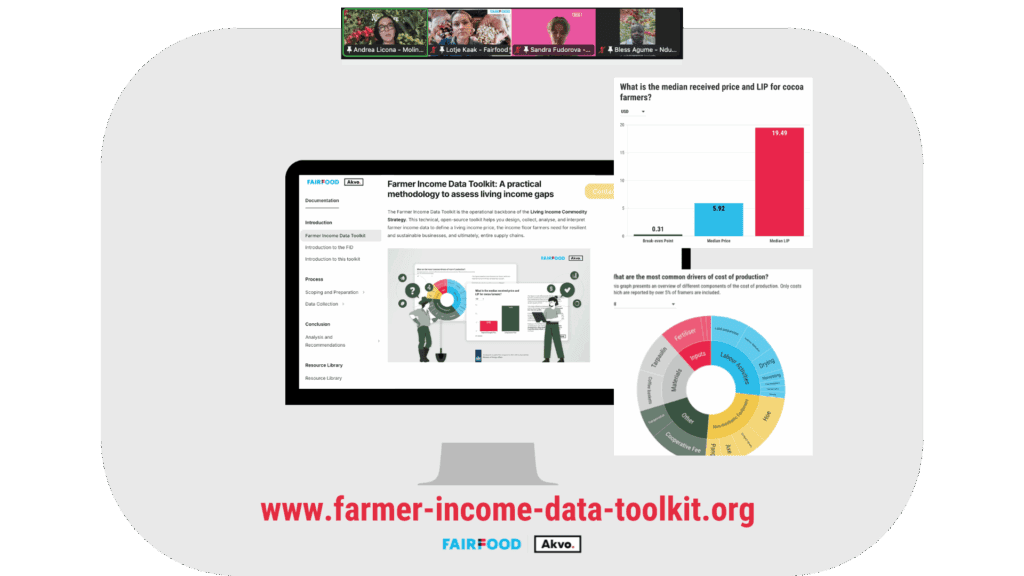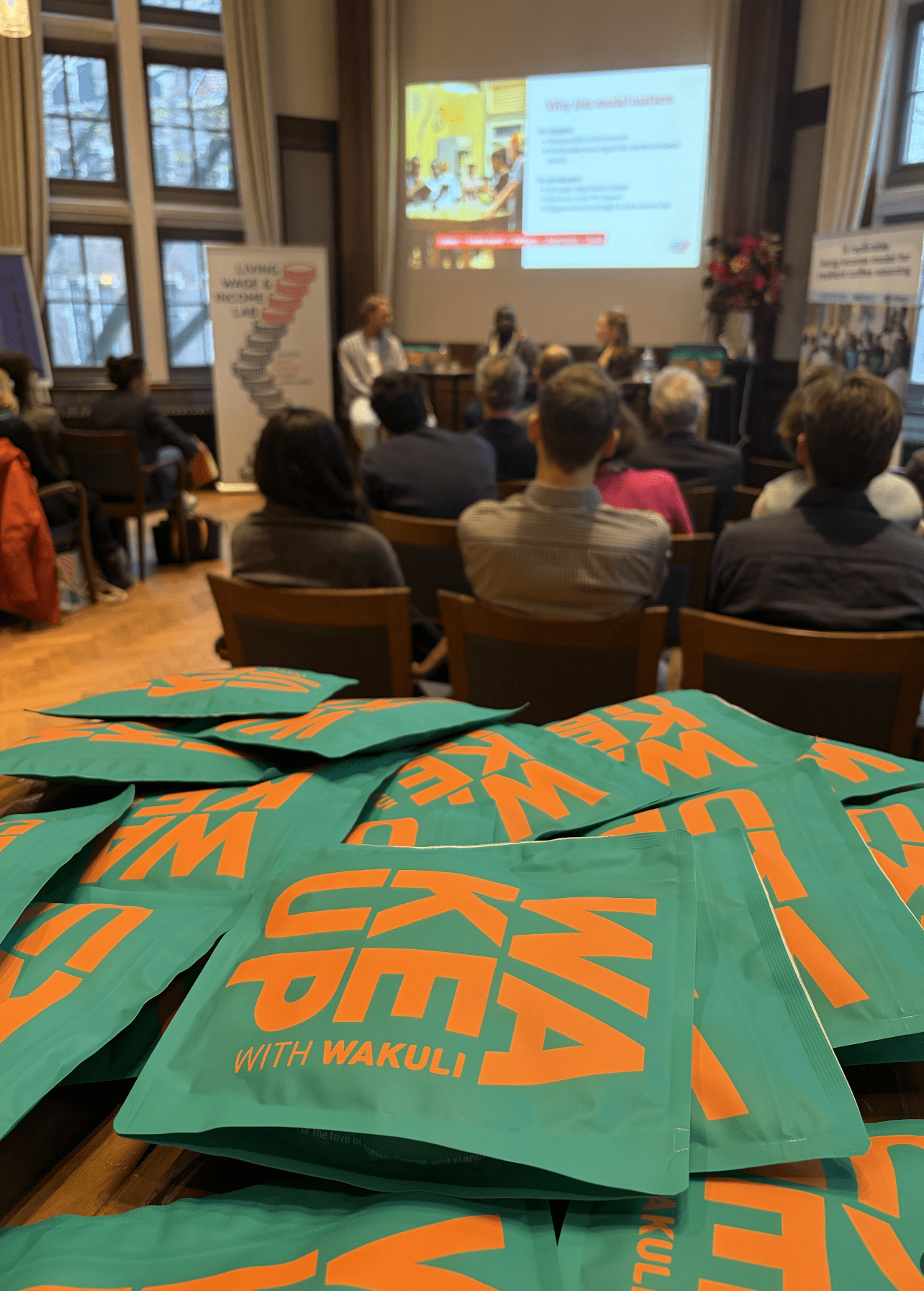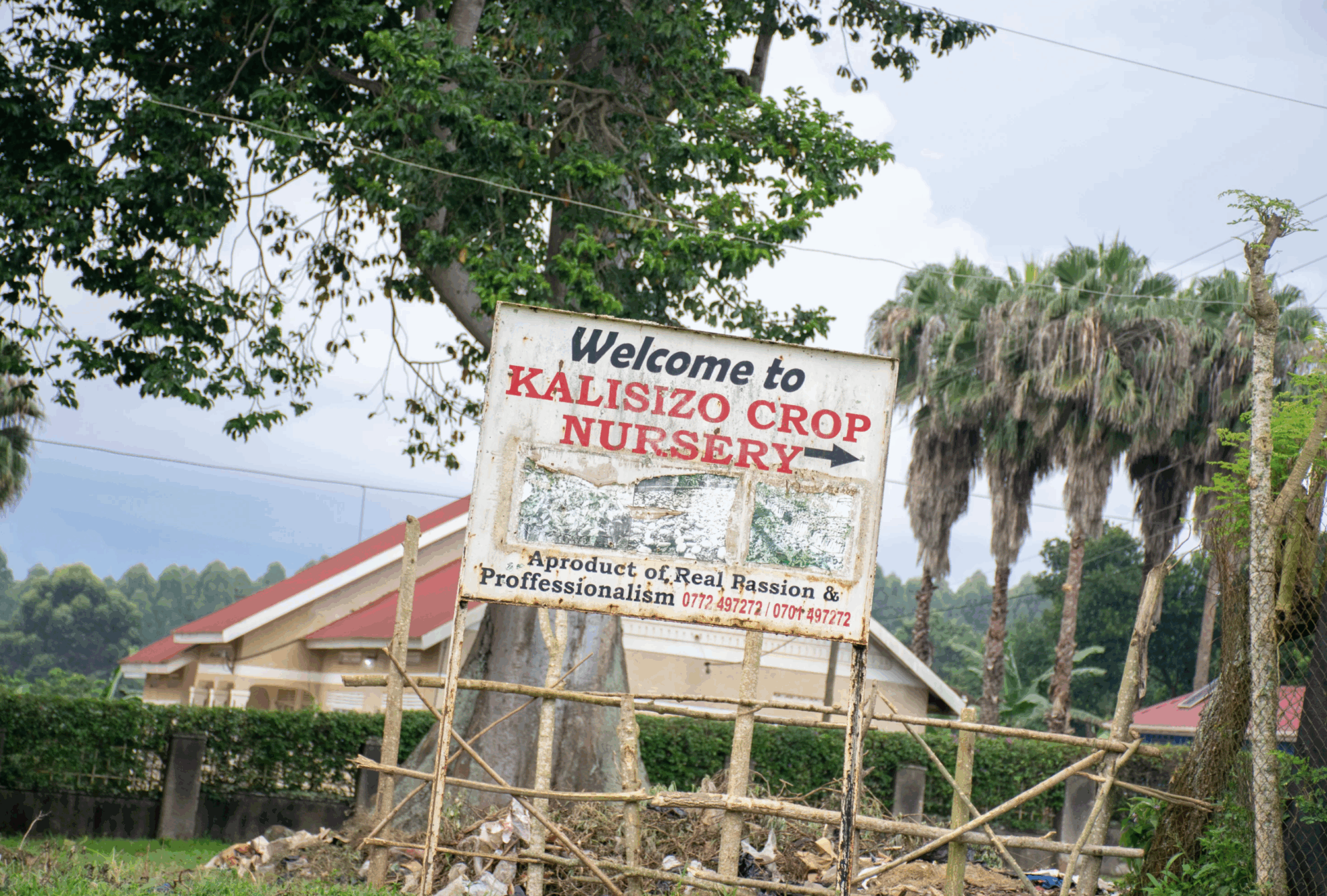“For the first time, we can say: we know what we are going to do—not because there is support, but because the data says so.”
— Bless Wamala, Ndugu Farmers Cooperative, Uganda
On October 7th, during the Living Wage & Income Lab, Fairfood and Akvo launched new resources designed to strengthen strategies to close living income gaps. Together with partners in Honduras and Uganda, the two organisations are piloting a Living Income Price methodology that turns household-level data into actionable insights: allowing farmers, companies, and policymakers to align on interventions and measure impact.
Rather than setting national or regional prices, this is intended to support value chain approaches to make price an integral part of holistic interventions. Ensuring decisions are grounded in actual production costs, farmer income needs, and productivity. And finally, enabling impact to be monitored, reported and verified.
It is now possible to re-watch the session, the recording is now available here. Below, you’ll find some of the session’s key points and resources.

Your new way to measure impact
Co-developed with Heifer International, the methodology calculates the price each farmer needs to earn a living income by combining three components – living income benchmark, annual production costs, and farm depreciation – and dividing by total production volume.
The result: a transparent, data-driven price per kilogram that reflects what it truly costs to live and farm sustainably.
Analysing data at this level allows partners to identify which farmers face the largest income gaps and which interventions (think of training, cost reduction, or premium adjustments) could close them. By sharing insights across stakeholders, it creates a foundation for collaboration and evidence-based decision-making.
Linking income, production costs, and productivity uncovers structural barriers to a living income. The model doesn’t just show the gap, but where and how to act.
Honduras: Validating impact through farmer engagement
In Honduras, Molinos de Honduras-Volcafe applied the methodology sampling 300 smallholder farms. Data confirmed that farmers participating in their Volcafe Way programme achieved higher productivity, better cost management, and more stable incomes.
Disaggregated household data allowed the company to identify the most vulnerable farmers and target support where it would make the biggest difference. In July 2025, Molinos and Fairfood hosted a Living Income Lab with participating farmers to validate the findings, ensuring that numbers matched lived realities.
“This process showed how engaged producers were. They understood the concept, identified their own barriers, and shared ideas on moving forward,” shared Andrea Moncada, Sustainability and Special Projects Manager at Molinos de Honduras.
Returning data to farmers and jointly interpreting it is central to Fairfood’s approach. It transforms measurement into dialogue and accountability into tangible, actionable insights.
Uganda: Using data to negotiate fairer contracts
In Uganda, Ndugu, an exporter working directly with smallholders, found an ally in the Dutch roaster Wakuli to apply the methodology and take action on findings The living income analysis is being used to inform contract negotiations, ensuring prices are based on verified production and income data.
This allows for dynamic pricing contracts that protect farmers when global coffee prices fall, guaranteeing that incomes remain sustainable. “We can now walk into negotiations with evidence,” said Bless Wamala. “We know the real costs of production, the margins we need, and what it takes to make farming sustainable for our members.”
Seeing the value of the new data stream, Ndugu is also building internal capacity, training members to use dashboards for planning and modelling interventions that deliver the largest income gains. This turns farmers, cooperatives, and buyers into allies in producing reliable, actionable data, making impact tangible and claims verifiable.
Join the movement
These pilots in Uganda and Honduras are part of a growing effort to democratise living income approaches and resources across food supply chains. If you want to go further, a hands-on workshop is coming up for practitioners who want to apply the methodology in their own projects. Data analysts and impact teams are especially welcome!
When: November 11th, 3 PM CET | Online
Save your spot by registering here
Farmer Income Data Toolkit
After applying the model in Honduras, Uganda, Sierra Leone, Ghana and India, Fairfood and Akvo opted for open-sourcing a Farmer Income Data Toolkit that you can now access here . The full methodology—survey design, data cleaning, segmentation, validation, and reporting—is freely available for application, and adaptation. The goal is simple: to make living income strategies replicable, credible, and scalable across crops and regions.
First case study
The session launched a case study that allowed the audience to see how the process unfolds in practice, from data collection to insights informing interventions. This is now informing Molinos de Honduras and Fairfood partnership to close living income gaps in their supply chain, and ensure farmers that are lagging behind are included into existing initiatives. You can find it in the Toolkit Resource Library by clicking here.


